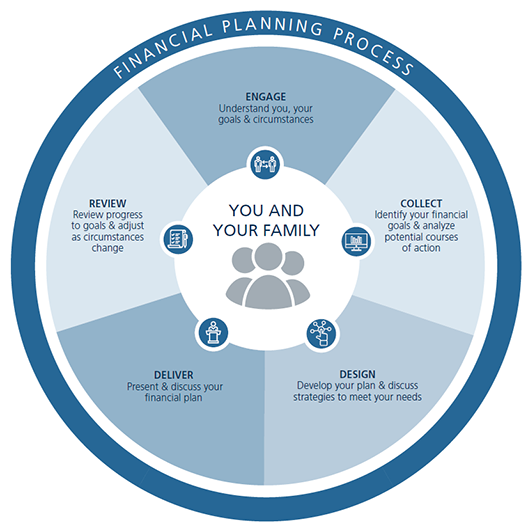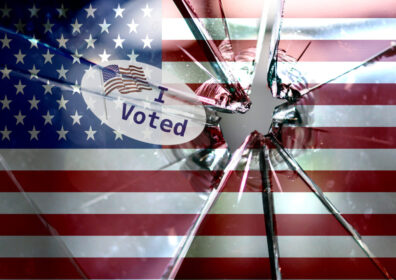Former President Donald Trump attempted to advance his agenda for election integrity by advocating for measures to be included in the House funding plan. This effort aimed to address concerns over voting processes and bolster confidence in electoral outcomes. Despite his push, sources indicate that Trump’s attempts ultimately did not succeed.
What were the proposed election integrity measures?
Trump sought to implement stringent requirements designed to enhance the security and transparency of elections, including voter ID laws and measures against ballot collection. However, those initiatives failed to gain traction in the funding plan due to a lack of bipartisan support.
As the political landscape continues evolving, discussions on election integrity remain significant. Following the contentious digital landscape of the 2020 Presidential Election, concerns about fraud and transparency have been prevalent among many voters, particularly those who support Trump. His recent attempts reiterate a long-standing commitment to ensuring that elections are secure and perceived as fair.
The Context of Trump’s Proposal
In recent months, Trump has positioned himself as a leading voice for election reform, focusing on measures that align with Republican values. As part of a broader strategy, he proposed including election integrity measures in the upcoming House funding bill, believing that such provisions could stabilize voter confidence ahead of the 2024 elections.
According to sources, Trump believed that incorporating these changes would significantly reduce allegations of voter fraud. The proposed strategies included:
- Voter ID Requirements: Implementing laws that require voters to present identification at polling places.
- Restrictions on Mail-In Voting: Imposing limits on mail-in ballot collection and distribution.
- Increased Poll Watching: Enhancing the presence of partisan observers at polling locations to ensure transparency.
Despite Trump’s enthusiasm, many lawmakers viewed these measures as divisive, with Democrats arguing that they disproportionately affect underrepresented communities and could diminish access to voting.
The Legislative Landscape
Trump’s efforts to embed these measures into the House funding plan reflected the current political environment, where issues of election integrity have become a focal point of contention. According to a recent poll conducted by the Pew Research Center, around 70% of Republican voters express concerns about electoral fraud, while only 19% of Democrats share similar sentiments.
| Party Affiliation | Concern About Election Fraud (%) |
|---|---|
| Republican | 70% |
| Democrat | 19% |
| Independent | 38% |
The House funding plans operate within a complex legislative environment. With a narrow margin in Congress, any policy changes require careful negotiation and, ideally, bipartisan support. Despite Trump’s influence over the Republican Party, many lawmakers remained reluctant to embrace the proposed election integrity measures. Notably, some viewed the initiatives as a potential setback for the broader goal of comprehensive voting reform.
Response to Trump’s Proposal
Key figures in the Republican Party expressed mixed reactions to Trump’s approach. While some supported the emphasis on election integrity, others voiced caution, recognizing the potential backlash from moderates and the general public. House Speaker Kevin McCarthy stated, “We want to ensure elections are fair, but we also have a responsibility to ensure access to voting is not hindered.”
Democratic leaders swiftly condemned Trump’s initiatives, framing them as unnecessary and partisan. House Majority Leader Steny Hoyer remarked, “These measures do not advance democracy; they aim to suppress it.” This stark division encapsulates the challenges facing any potential policy changes surrounding election integrity.
Additionally, some Republican strategists began to advocate for a more inclusive approach, emphasizing outreach to minorities and those most affected by proposed laws. The belief is that gaining bipartisan support may require a tone shift in the dialogue surrounding election integrity.
Implications for Future Elections
The failure of Trump’s initiatives in the House funding proposal raises questions about the future of election integrity discussions in American politics. As the 2024 election approaches, the Republican Party must navigate between upholding Trump’s legacy and responding to the evolving needs of its constituents.
Current polling indicates that while many Americans prioritize election security, they also value accessibility. The challenge remains finding a balance that satisfies both sides. A recent survey highlights that 61% of Americans support increased security measures, while only 22% believe these should come at the expense of making voting easier.
| Security vs. Accessibility | Percentage of Americans (%) |
|---|---|
| Support Increased Security | 61% |
| Support Accessibility | 78% |
As the political discourse continues, it seems likely that issues of election integrity will remain a critical topic. As Trump’s efforts demonstrate, the quest for voter confidence intertwines with broader issues of race, access, and democratic values.

The ongoing debates reflect not only party divisions but also the varied priorities of the American electorate. Future discussions will likely delve deeper into the mechanics of voting, exploring technology’s role and the ongoing impact of recent legislative changes.
Conclusion: The Road Ahead
Trump’s failure to include election integrity measures in the House funding plan serves as a reminder of the challenges that accompany partisan initiatives. With the election cycle heating up, the implications of this setback may reverberate through the Republican Party and influence voter behavior.
As discussions evolve, both parties must grapple with the need for secure elections while ensuring that all eligible voters can participate. This balance will define the electoral landscape leading into the 2024 election and beyond. By addressing these crucial issues with transparency and cooperation, lawmakers may pave a more inclusive path forward for American democracy.

